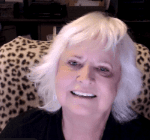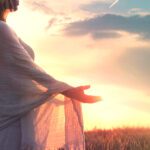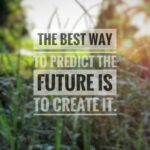Do we ever reach the end of knowing? Does the unknown grow as we gain knowledge, or shrink? Is there a limit to knowledge?
Is knowledge, of the mind only, or is there knowing within the body itself? All these questions and more were explored in the following dialogue.
“The more we know, the more we know we don’t know.”
attributed to Aristotle
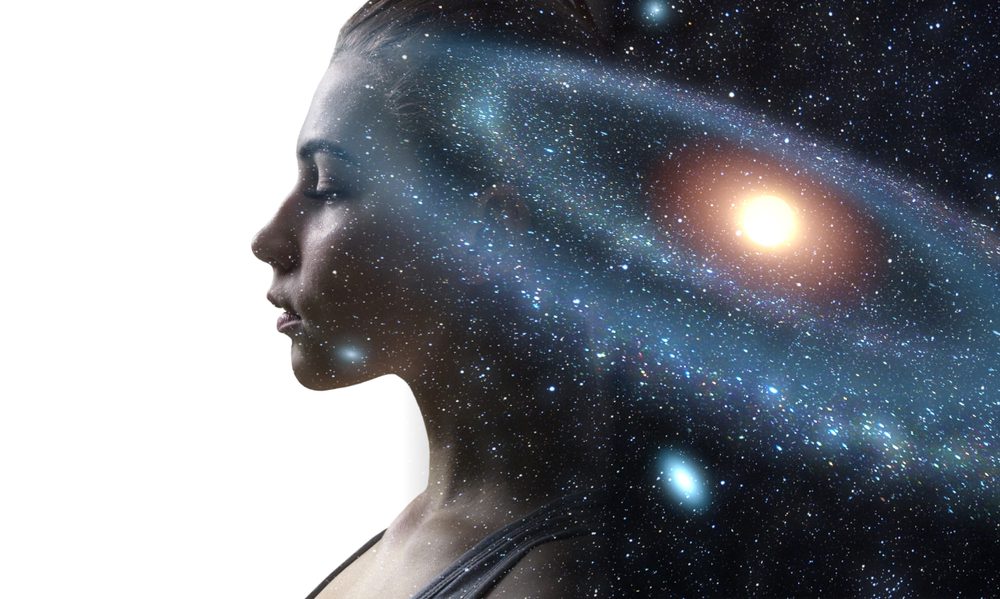
Participants from California, New York, DC, Atlanta, Ohio, Argentina, Brazil, Colombia, and Bolivia Zoomed into eDialogue on a Sunday morning New York time. Here is the conversation. Remember, the idea of dialogue is to clearly express thoughts without trying to convince or impose. The goal is not to reach a conclusion, but rather to expand the base of understanding by incorporating the ideas of others. This is a process of living in the moment, connecting to inner thoughts and reactions to others’ views.
Two minutes of silence begin after reading the topic chosen and questions are answered about the process. Silence allows us to collect our thoughts and allow space for listening.
The illusion of knowledge and knowing.
Brian, Costa Rica
It’s funny, because to me, it’s an illusion that with age comes knowledge. When I talk to younger people, I realize there is so much I do not know. I live in my little world and I only relate to my experiences. I feel humbled and ignorant because I only know what my experiences are. And now, in another country, I see many different things. My experiences and age have nothing to do with what I understand.
Libbie, Ohio
I’m going to share an image. The dot represents everything I know, the background is the unknown. The outside edge of the small dot touches a minimal area of the unknown. When I increase what I know, I increase the size of my “known.” This expansion of “known” increases exposure to what I do not know. In a graphic way: “The more you know, the more you know you don’t know.” – Aristotle
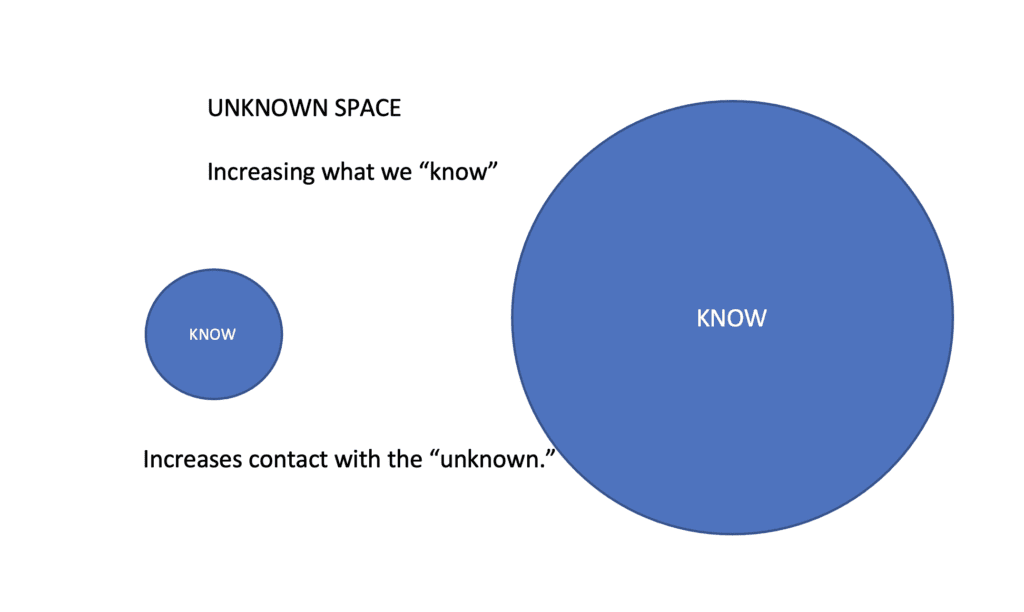
This knowledge awakens us to explore what we don’t know. Our questions become more refined, expanding the area of what is known, thus creating direct contact with what we do not know.
Kosta, Brazil
I remember a story my physics teacher in high school told us. He said to ask three different people, “How is the light turned on?” A housewife, who does not know physics, says, “Very easy. Just turn on the switch.” If you ask an electrical engineer, he will explain there is a power station that sends electricity to your house, where a circuit allows electric current to go through the light, and then the light is on.” If you ask a Nobel Prize physicist, he’ll say, “I don’t know how the electricity is turning on the light bulb. I don’t know.” I like the story.
Recognizing not knowing.
Bill, LA
How can we use this awareness of a lack of knowledge in our daily life? What’s the importance? How can we keep that in mind? Or maybe, why should we keep that in mind?
Okay, I’ll share an example. I was spouting off yesterday about something far afield from where my education lies. And I came to realize I don’t know much about this subject and maybe I can admit it instead of acting as if I know. I recognized I could learn a little bit more. And the truth is, I don’t know, but I always have an opinion. So that’s why it could be helpful to remember that I don’t know much about a lot of stuff.
Brian, Costa Rica
I think something happens when we do those things, Bill. If I can leave my mind open and approach the day like I don’t know anything, I’ll learn from my experience. Instead of “I already have a plan, I know what I’m going to do.” I become vulnerable and open to things I don’t know.
I realize how much knowledge people have. It has nothing to do with money or riches. I’ve seen incredible knowledge from human beings from all kinds of places. So, if I can wake up humble each day and approach life with a “Heh, I’m going to learn something from the people I see today.” That might help me to learn and be aware, instead of having an answer for everything.
Sandra, DC
What “to know that you don’t know” brings is humility and opens your mind to listen to other people. Because sometimes somebody’s going on, and you think, “Oh, I know that I don’t need to listen.” But if you “know that you don’t know,” you always listen.
Different kinds of knowledge.
Maria Marcella, Colombia
I think there are two different ways of knowing. One is to accumulate information, which was very important, but today, it is not so much, because I have Google. So, I don’t need to hold this information in my mind; It is enough to know how and where to search. But we all know someone who does not have much information but has wisdom. Wisdom is another knowing, they know about life. Wisdom is the connection with the source, with the divine. I don’t know if this is intuitive, but people can know things, but it has nothing to do with accumulating information.
Hugo, DC
Following the line of thoughts of Maria Marcella, I had a sense of the unknown when I worked in science. The thing is, how do I capture the things I don’t know? One is the way I get information. I give more weight to information from someone with experience and wisdom in that topic, because, as Maria Marcela said, everything else is cold, free information. The next point is fascinating. When you work on a science topic, for example, you get experience and feel good as you read all the information and absorb the evolution of knowledge. You realize the universe is bigger, and what you hear or read is always a shortened story. We start minimizing ourselves when we know a lot because we know that the universe is getting bigger as we observe more.
Knowledge opens new doors.
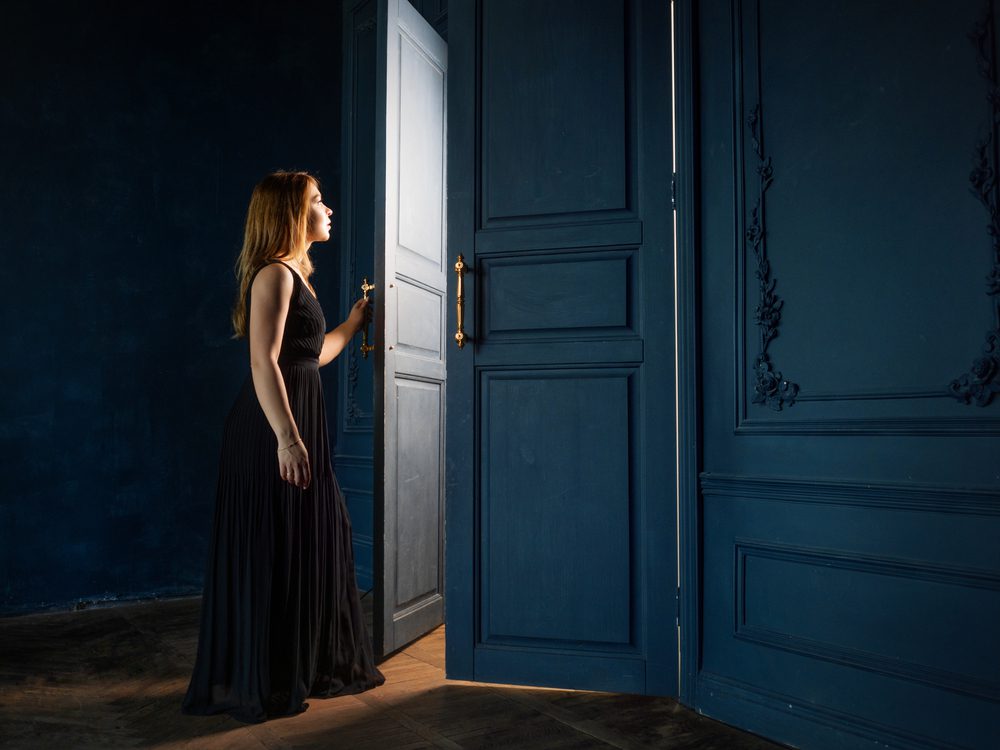
Sandra. DC
I think the more we know about a subject, the more we realize what we don’t know. An example is learning a foreign language. At first, you don’t even know the alphabet. Then you learn basic things, like the present tense and a few words, then you can order in a restaurant, but there are always things you don’t know. You’re missing a lot of vocabulary and tenses. And even once you are fluent, there’s literature of the culture. I think that every bit of knowledge, in a way, opens the door to a new room, and then you have all these things to visit in a room. You open windows and there are more doors like an endless castle.
I think it is a mark of knowledgeable and educated people when they say they don’t know very much. We often think our little knowledge is big when we’re exploring a new subject but as we gain awareness we understand what we don’t know. It’s good for us to remember because, without context, we become arrogant about the little we know.
Jeanne, California
I like Sandra’s analogy. The next step when I know a language: Do I understand the person in front of me? Do I understand the culture of the words, the gestures, the movements, and the different ways of presenting the material? And maybe that’s our problem in humanity; we still haven’t been able to connect with those around us. If I recognize that I don’t know, and I don’t try to demand something from the people around me, it would solve a lot of problems.
Connecting knowledge and knowing.
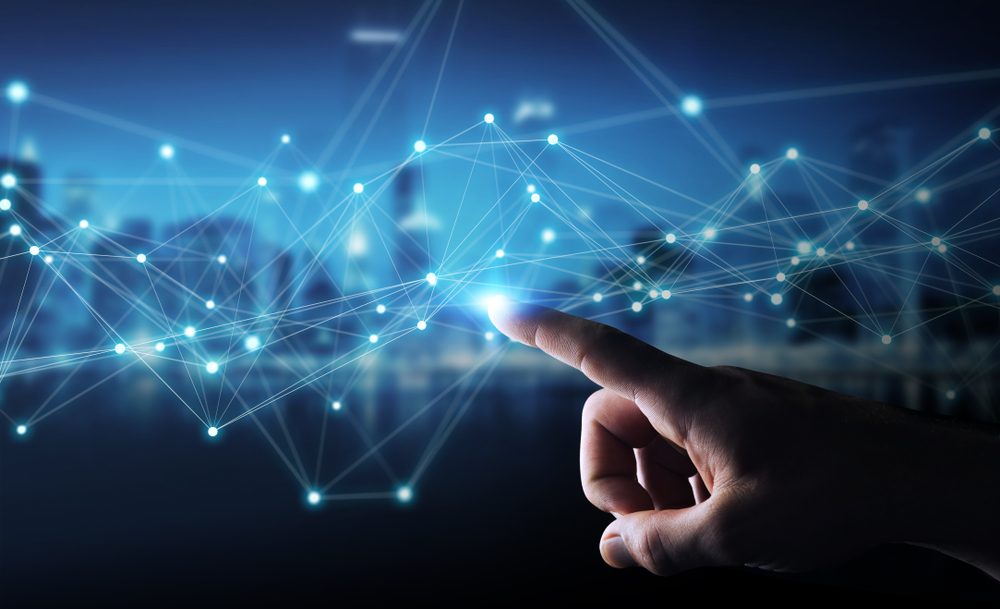
Sandra, DC
I like this idea of connecting the dots. Sometimes, you know bits of things and you can’t connect them together. When I first moved to London, I took the Tube. I’d get on in one place and come out in another, but the in-between was unknown. I visited a lot of places, but I couldn’t quite connect. And then my boyfriend drove me around. And suddenly, “Ah, so this is here compared to that.” It made a massive difference to understanding the city. And I think in daily life, it’s very much like that. Looking at a map is very different than experiencing it in person. The more you get to know and ask questions, the more you realize and then you can tell what you don’t know. This joining the dots, I think, is certainly fantastic.
Hugo, DC
Sandra brought up a word I love, “connecting.” I am listening, understanding, and connecting. Because today even though we communicate with all the devices and platforms, we have a communication problem. We can start by moving to connect these three: I am listening, I am understanding, and I am connecting. I am accepting. I’m incorporating. I am open.
Knowledge of mind, knowing of heart.
Jeri, California
Another dimension just occurred to me. When I think of what I know and don’t know it’s coming from my mind. What do I know? Intellectually is one way, but what do I know intuitively as Maria Marcella was pointing out? How can I relate with an open heart, and what do I know from my heart? Not much, but it puts another dimension in this relationship: getting to know and sense other people. That touches on opening one’s heart to a situation or a person.
Margarita, California
I understand there are levels of knowing. I can know a situation from the level of my ego/acquired personality, which takes me not too far, especially when I end up judging or blaming others or understanding the situation with limited understanding. The more I understand from the compassion of the heart, the more my understanding is transformed. The result of this interaction is very different.
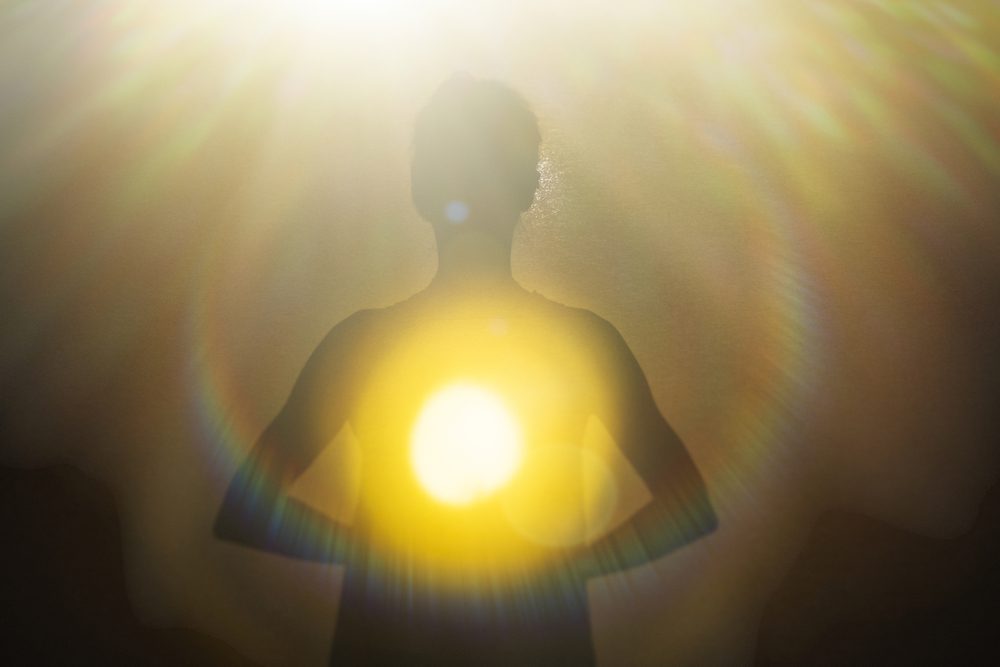
Maria Marcella, Colombia
What are the most important things that I learn from other people? I know many things from people who do not have much formal education, but they have an open heart. And maybe these people are not the most intelligent with extensive studies, but for example, they show me how to cook, be open, be friendly, and have inner silence.
Kosta, Brazil
Someone defined a wise person as someone who can learn from everybody. I like that definition of wisdom, able to learn from everybody. There are many things I don’t need to know to have a nice life. I think it seems essential to be wiser.
What is knowledge and knowing?
Maria Renee, Bolivia
I think knowledge is important. But what of the ability to apply knowledge? A classmate knew every subject at the university. She got 100 and 100 and 100. But she could not connect her knowledge to experience. How much of what we acquire as knowledge are we able to apply? Just to know for “knowing” doesn’t seem very useful. Know it and connect it to the rest of the things that we know.
Bill, California
Do I dare to question how much I care to know about the people I’m with? I think the more I know about the people I’m interacting with, their lives, experiences, joys, and sorrows, the better I can connect. But I must be honest here, my heart’s not always that big. And sometimes, I settle for what I already know. Connection will be enhanced by learning about them. Which also means being quiet, silent enough to hear people and to get to know them.
Brian, Costa Rica
If my intention is to offer myself to other people, I will be present. Even when I have no interest in what they’re saying. If my intention is to connect to people, then I will be open to all the possibilities. What is the intention of connection? It’s me giving up the need to judge or give an opinion.
Knowing Yourself is a different Knowledge.
Jeri, California
Brian and Bill touch on something fundamental. I like to plan and be in control of my time. When I encounter something outside my plan, there is a need to try and control it. And hopefully, I don’t apply that to other people, but I recognize it often eventually involves other people. Brian shared before about building his house in Costa Rica, another country and language, let alone another culture. It took two and a half years before it was completed. That’s a beautiful example of allowing because no matter the plans or the details on paper, he had to relinquish control and let it happen. So why do we need to know, to control? I think that’s close to “why am I searching?”
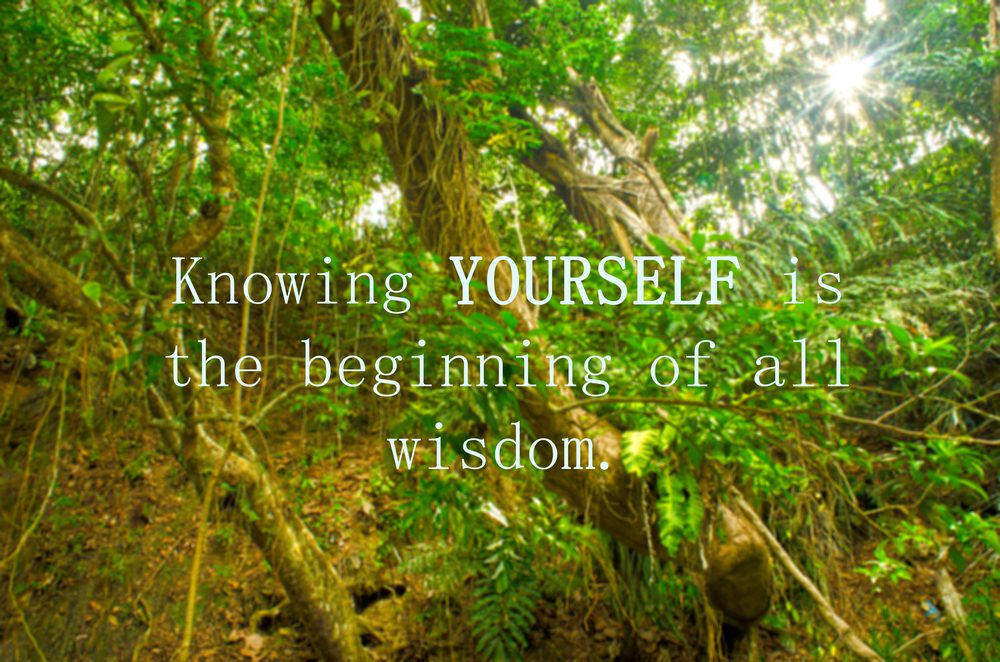
Libbie, Ohio
The thought that occurred to me is the only thing I can know and no one else can know is myself. And that’s a vast unknown. But it’s the only space that only I can know.
Maria Marcella
We are changing every day. People are changing every day. Science always changes. So, the illusion of gaining knowledge is impossible. Maybe the only knowledge is “how to flow.”
Carlos, Atlanta
Another aspect that I notice in myself is what I call reversible knowledge. In this focused dialogue we have, the conversation I am having within myself becomes more apparent. I call that reversible conversation because it’s in the background, it is an inner conversation with myself. This conversation often goes unnoticed and unexplored, but in the process of dialogue, it is more clear.
Knowledge of my Mind, Knowing of the Heart
Alicia, Argentina
I realize that all these different points of view enrich my mind and my heart. They show me I have a limited opinion and there is vast knowledge out there that I must get to know. This effort depends on me and how I live. Knowledge of the mind is essential but also of the heart. Like most people have said today, the connecting of the mind to the heart extends outwards also. What I know at this moment will change and so will everybody else’s point of view. Life is change.
Note from Libbie Kerr: This dialogue followed me throughout the week. I chose to listen more with my heart, less with my thoughts, transcending words. Put into practice, the reality of “The more you know, the more you know you don’t know.” keeps us curious and humble. We carry with us the largest unknown to explore… ourselves. Happy exploration! There is a whole world to discover lying right inside of you.
This topic grew out of a Ted Talk by Stuart Firestein, “The Pursuit of Ignorance.”
https://www.ted.com/talks/stuart_firestein_the_pursuit_of_ignorance?language=en
About the Author(s)
Libbie is a graduate of Ohio State University where her degree has proven a flexible base for writing, teaching, and exploring life. She facilitates the weekly Sunday eDialogue.
